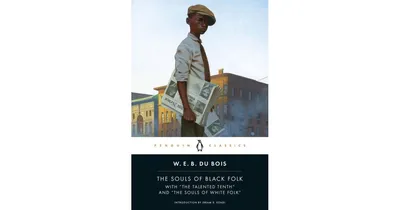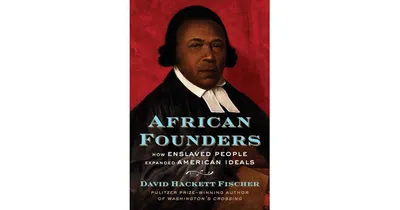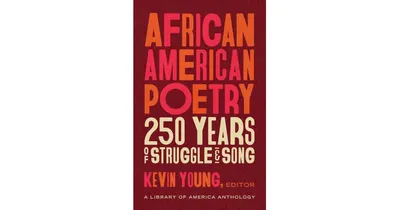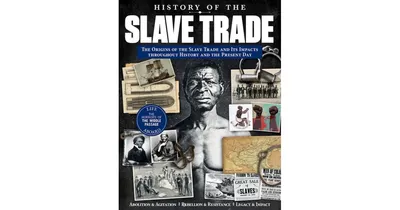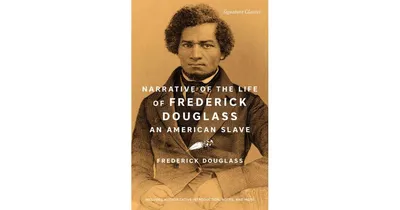Home
Enslaved: The African-American Experience



Enslaved: The African-American Experience
Current price: $15.00
Loading Inventory...
Size: OS
The story of the first African slaves in America often begins in Jamestown, Virginia, in 1619, within the first successful settlement of the original 13 English crown colonies of what would eventually become the United States of America, but slavery has existed in the America's since the 15th century, at a time when Portuguese sailors routinely trafficked in human cargo to supply the Caribbean and South America with slave labor to produce sugar and salt or work in the Amazon gold and silver mines. African Atlantic slave trade is believed to have been started in 1441 when Portuguese sailors took a few hundred Africans from the their tribal home of Cabo Branco, in north Africa, and brought them to Europe, as slaves, and as the impetus of the African slave trade.Spanish explorers were known to have brought African slaves on their many conquests to North and South America, even establishing an outpost in St. Augustine, Florida, and as early as 1526 they tried to establish a colony in South Carolina until the enslaved Africans rebelled and kept the Spaniards from creating another community of slaves in north America - at least until the English arrived, in 1619.Although explorers like Christopher Columbus and slave-trader Sir Francis Drake seemed to have had slaves abroad their ships while making their legendary expeditions to the America's - Jamestown Virginia, in 1619, is commonly accepted as being the beginning of the slave trade in the United States.Organized slavery started in America with the journey of approximately 350 captured slaves from the West African kingdom of Ndongo, in present-day Angola, to the tobacco fields in Virginia - a journey that would cost most of them their lives. Portuguese slave traders procured these Kimbundu speaking captives off the central west coast of Africa, then marched them hundreds of miles to the west coast to board a Portuguese ship before beginning a long voyage to Mexico where they were to be sold into slavery, but on the way to Veracruz, their vessel, the San Juan Bautista, was raided by pirates who stole their precious human cargo. The English pirates took 50 of the best slaves, out of the 204 that had survived the Atlantic crossing and then set sail for the New World - Jamestown, Virginia, where they planned on selling the Africans to the English colonists.The 20 slaves that survived the journey and made it to Jamestown are considered to be the first documented African-Americans in the British colonies. They were sold to the colonists in exchange for desperately needed food and supplies for the pirates, and were then forced to grow tobacco, cotton and hemp for their new British masters, in North America.England's first settlement attempt in America was financed by the King of England in 1587 and depended on a group of 115 English settlers to succeed. They landed safely on Roanoke Island, off the coast of North Carolina but within a few months they realized they needed more supplies so they sent the governor of the colony back to England to resupply, but by the time he returned to Roanoke, there was no trace of the colony or of his wife, daughter, or granddaughter. The word "Croatoan" was carved into a wooden post of the settlement, and nothing more was known about their circumstances, until 2015, when a British style of pottery was found among the remains of a Croatoan Indian village, indicating that the inhabitants of the lost colony of Roanoke might have been taken as slaves and became part of the Croatoan tribe - so the first slaves in the new territory of America might have been the English conquerors themselves, but the King of England would not be deterred from his conquest to control the New World - and African American slaves were about to make the King and his English comrades a fortune.

